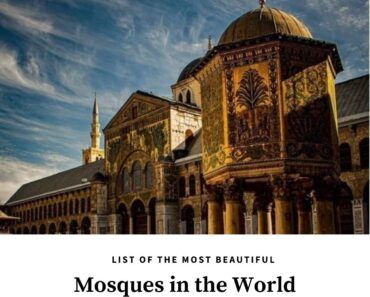Muslim Inventors and Their Inventions: During the Middle Ages, there was a lot of experimentation and invention. People were trying out and testing different ways of living and doing things. Many people contributed to the progress of Europe during that time in areas such as mathematics and physics.
Muslim scholars were among these pioneers. Those modern Muslim inventions aren’t just found in history books; they are still around today! In this article, you’ll find a list of 15 famous Muslim inventors and their inventions that still benefit us today. And I would also recommend you learn about the business ethics in Islam as you’ll be surprised to know how much we’ve been taught and guided about business by Prophet Muhammad himself.
1. Algebra & Numbering
The universally used numerical system is likely of Indian origin. A Muslim mathematician, Al–Khwarizmi, first published Arabic numeral style around 825 in his works.
Algebra was titled after the book Al–Jabr Wa–Al–Muqabilah by Al-Khwarizmi, a large portion of which is still in use today. Three hundred years later, the Italian mathematician Fibonacci brought the works of famous Muslim scientists and mathematicians to Europe.
The Muslim world is where many trigonometric algorithms and theories originated. In addition, Al-Kindi’s discovery of frequency distribution enabled modern cryptography to be developed.
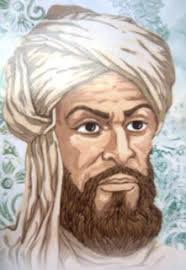
2. Astronomy
Muslim philosophers recognized the Earth’s spherical shape 500 years earlier than Galileo. The statement “The Sun is always vertical to a particular location on Earth” was made by the astronomer Ibn Hazm in the ninth century.
His estimations were less than 200 kilometers off because he and his collaborators were so precise in estimating the Earth’s diameter. As early as 1139, Al–Idrisi brought the ideas west to King Roger of Sicily’s court.
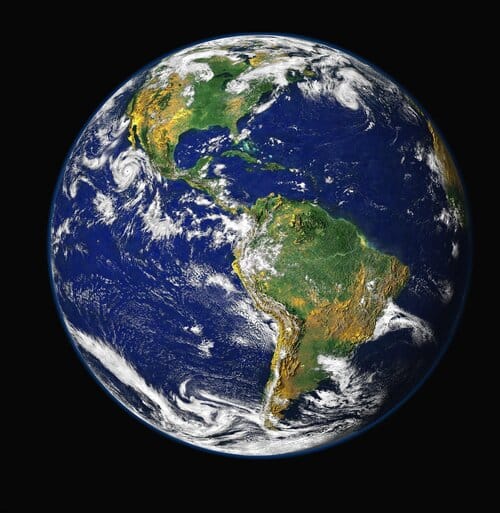
3. Flying Machine
Abbas Ibn Firnas, a Muslim poet, astrologer, and inventor, made multiple efforts to build the flying machine a thousand years before the Wright brothers. He jumped from the Córdoba Grand Mosque’s tower in 852 while wearing a slack cloak supported by wooden ribs.
He wished he could fly like a bird, but he didn’t do this. As a result, the cloak acted as history’s first parachute and caused minor injuries.
After developing a machine made of silk and eagle feathers, he attempted it once more in 875 at the age of 70 by leaping off a mountain. He took off, maintained elevation for ten minutes, and fell upon landing. He correctly concluded that this was because he had not given his craft a tail, which would have caused it to stall.
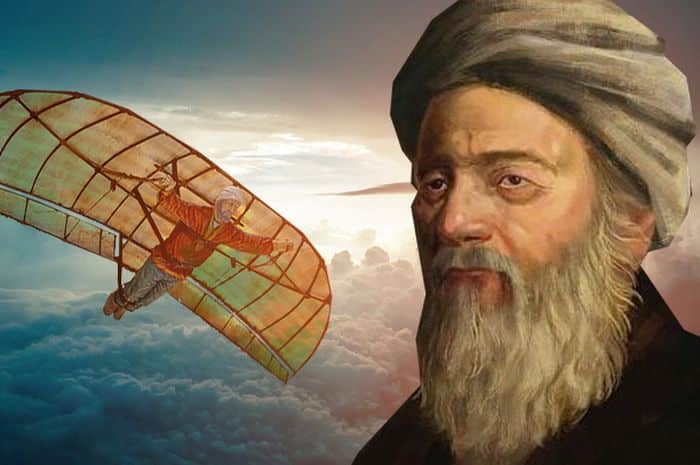
4. Coffee
The first coffee was brewed in Kaffa, Ethiopia. As early as the 15th century, it reached Mecca and Turkey, traveling through them to Venice in 1645.
It was introduced to England around 1650 by a Turk who owned London’s first coffee shop. The Turkish kahve evolved from the Arabic qahwa, followed by the Italian café, and finally, English coffee.
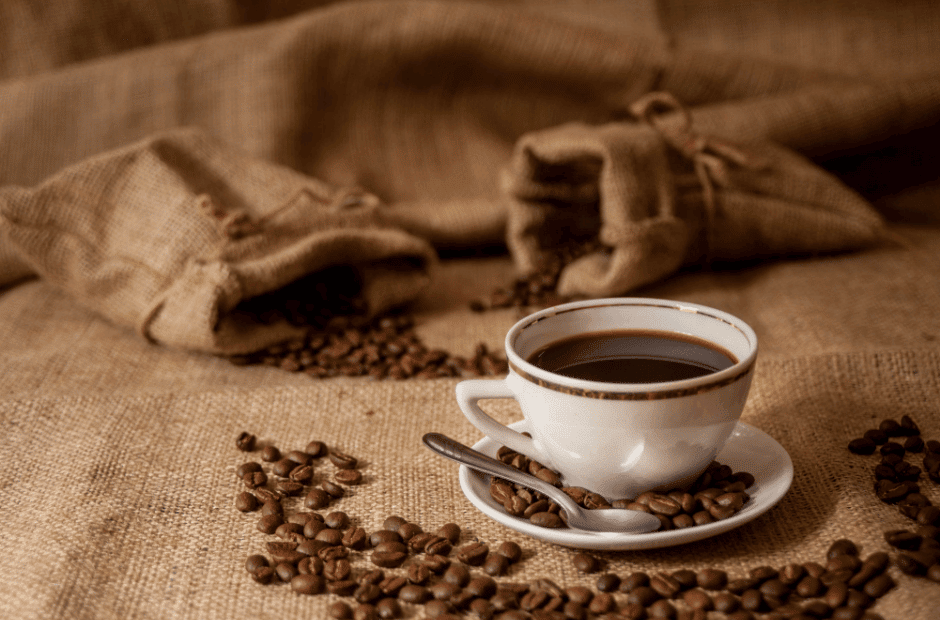
5. Contemporary Cheques
The contemporary check originated from the Arabic saqq, a written promise to pay for goods when delivered instead of transporting money through difficult terrain. As early as the ninth century, Muslim businessmen could cash cheques made at their Baghdad-based banks in China.
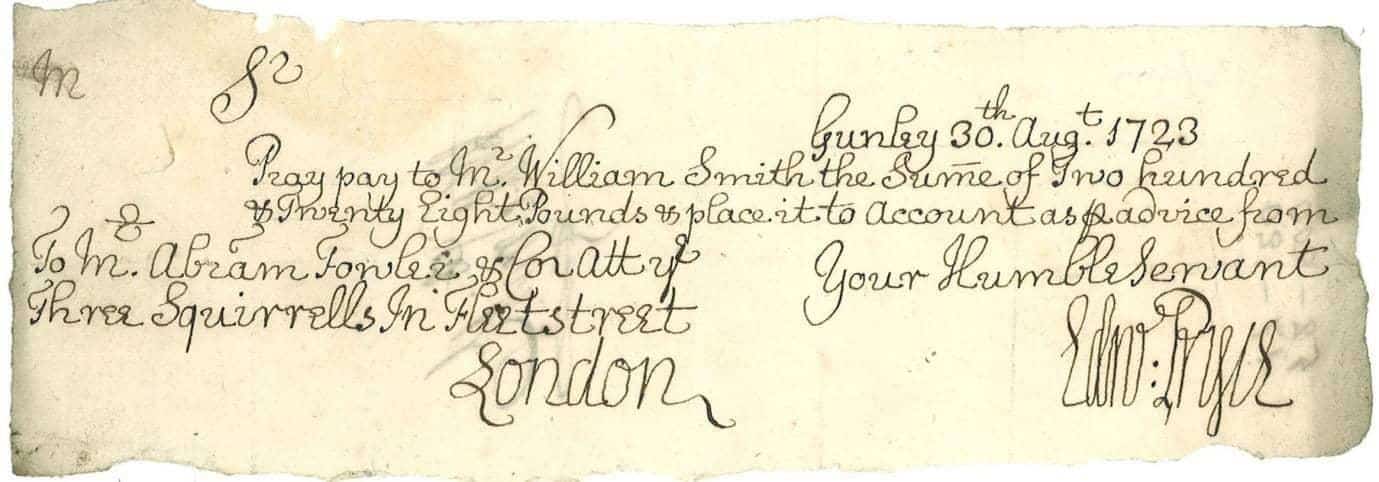
6. University
Knowledge in Islam is of utmost importance so it comes as no surprise that the first University that awarded degrees was established in Fez, Morocco, in 859 by a young queen by the name of Fatima al–Firhi. The building became the Al–Qarawiyyin Mosque, and University after her sister Miriam established a nearby mosque.
The institution, which is still in operation nearly 1,200 years later, will serve as a reminder that learning is at the heart of modern Muslim tradition and that the tale of the al-Firhi sisters will motivate modern-day young Muslim women.
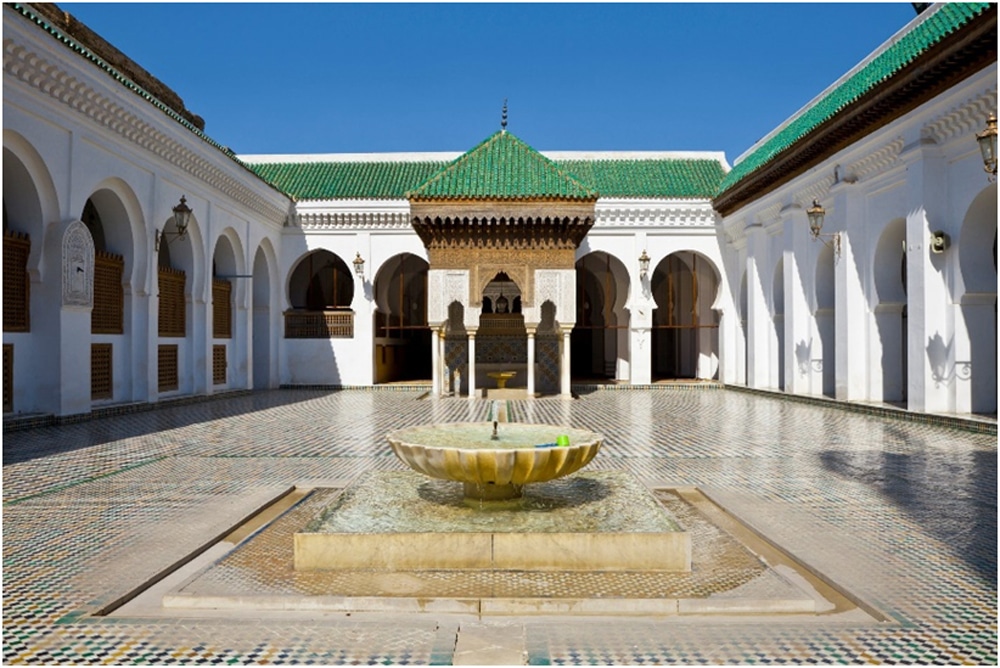
7. Surgery
Al–Zahrawi, a Muslim surgeon, is one of the most famous Muslim scientists. He invented several surgical tools that are remarkably similar to those used today. Three hundred years before William Harvey found blood circulation, a Muslim physician named Ibn Nafis described it in the 13th century. Muslim physicians also developed anesthesia.
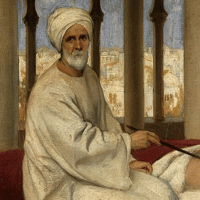
8. Hospitals
The origins of modern hospitals, complete with wards and educational facilities, may be traced back to Egypt in the ninth century. The Ahmad Ibn Tulun Hospital, established in Cairo in 872, was the first facility of its kind.
Focusing on the Muslim practice of treating the sick, Tulun Hospital offered free care to everyone who needed it. Such hospitals expanded throughout the Muslim world, starting in Cairo.
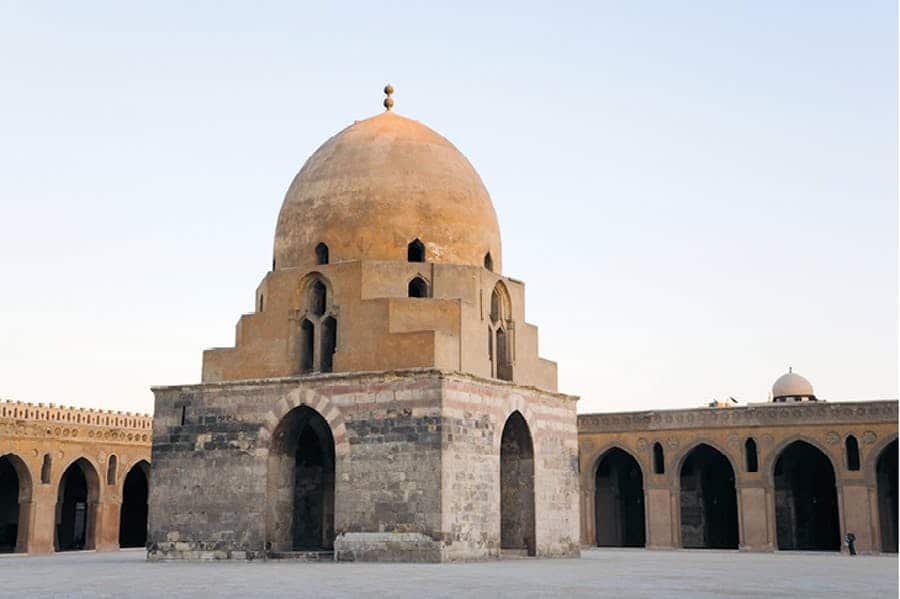
9. The Crank Shaft
The crankshaft, a key element of the vehicle engine and one of the most significant mechanical and modern Muslim inventions of all time, was created by the brilliant Muslim engineer Al–Jazari. Around 1200, he developed a system to raise water for agriculture.
The term “father of robotics” refers to him. Moreover, his Book of Knowledge of Ingenious Mechanical Devices explains how he creatively used pistons and valves, mechanical clocks, and the first combination lock.
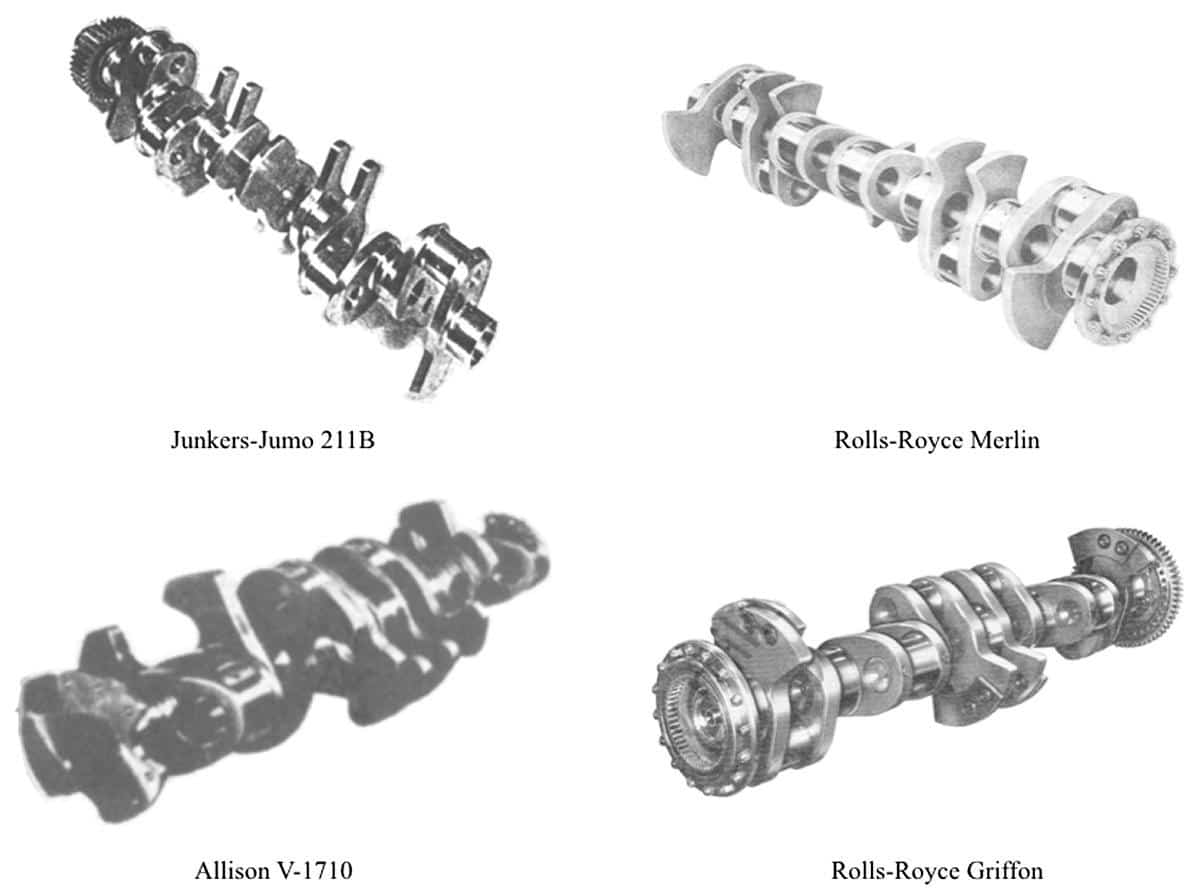
10. Pinhole Camera
The pinhole camera is one of the most famous Muslim inventions. According to Ibn Al–Haitham, refracting light from objects and entering the eye creates the perception of objects, contrary to Euclid and Ptolemy’s theories. The ancient Greeks believed that light emitted from the eye caused us to see.
After watching light pass through a hole in the shutters, he created the first pin-hole camera, illustrating how the eye sees pictures upright because of the optic nerve’s relationship to the brain.
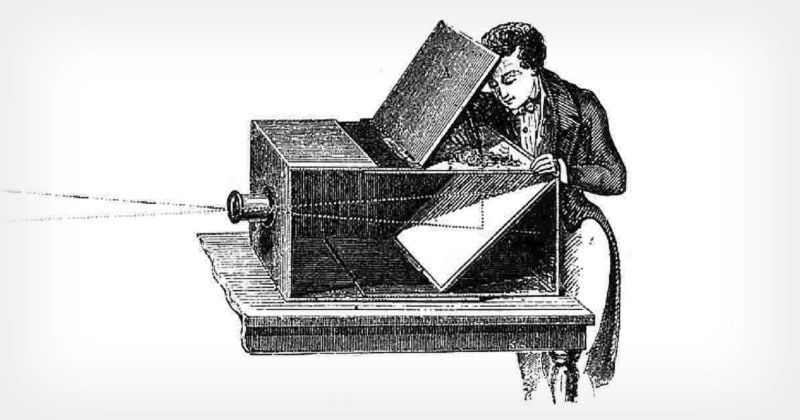
11. Toothbrush
Islamic tradition has long placed a high value on cleanliness, and it is believed that Prophet Muhammad (S.A.W.) popularized the first toothbrush in the 600s. Miswak is the Sunnah of Prophet Muhammad (S.A.W.). He cleansed his teeth and breath with a stick from the Miswak tree. Modern toothpaste has ingredients that are comparable to those in Miswak.

12. Chess
Ancient India had a version of the game, chess but Persia is where it evolved into the one we currently know. When the Moors brought it to Spain in the tenth century, it spread westward to Europe and eastward to Japan. The word “rook” is derived from the term “chariot” in Persian.
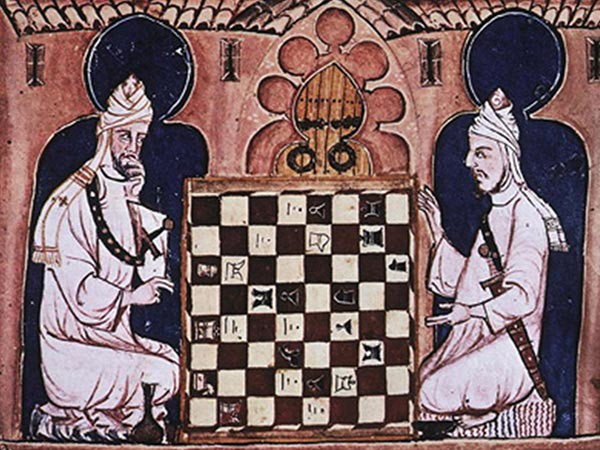
13. Torpedo & Rocket
Before the Chinese inventors, the Arabs had discovered the chemical process that turned gunpowder and explosives into effective weapons. The Crusaders were terrified of Muslim torpedoes and rockets in the fifteenth century because they could destroy ships.
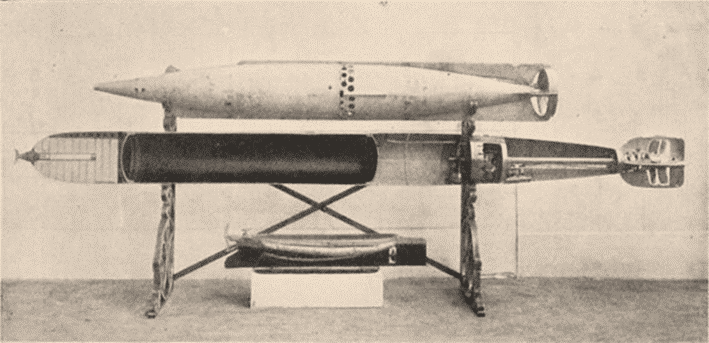
14. Distillation Process
Jabir ibn Hayyan, one of the famous Muslim scientists, developed distillation in 800 by utilizing variations in boiling points to separate liquids.
Many of his techniques and equipment are still used today, such as liquefaction, crystallization, distillation, purification, oxidation, evaporation, and filtration.
He discovered sulphuric, nitric acid, and the alembic still, which allowed him to create rich rosewater, other scents, and alcoholic drinks. Ibn Hayyan, the father of modern chemistry, emphasized scientific testing.
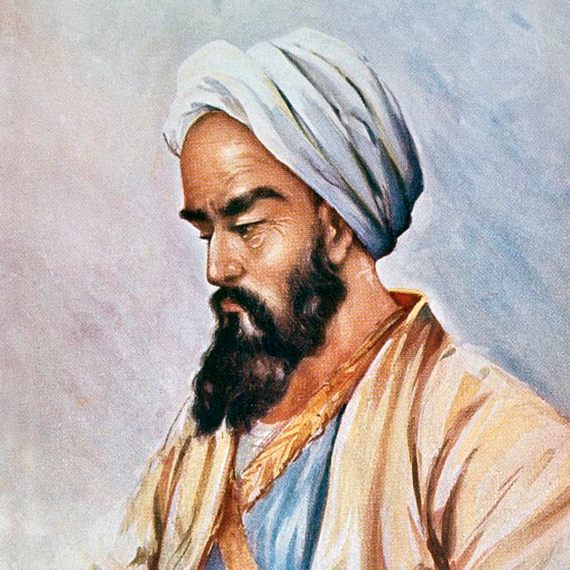
15. Three-Course Meal
Ali Ibn Nafi, also known as Ziryab (Blackbird), introduced the three-course dinner during his trip from Iraq to Córdoba in the ninth century. The meal consists of soup, fish or meat, fruit, and nuts.
Moreover, he introduced crystal glasses that were created following the rock crystal research of Abbas Ibn Firnas.
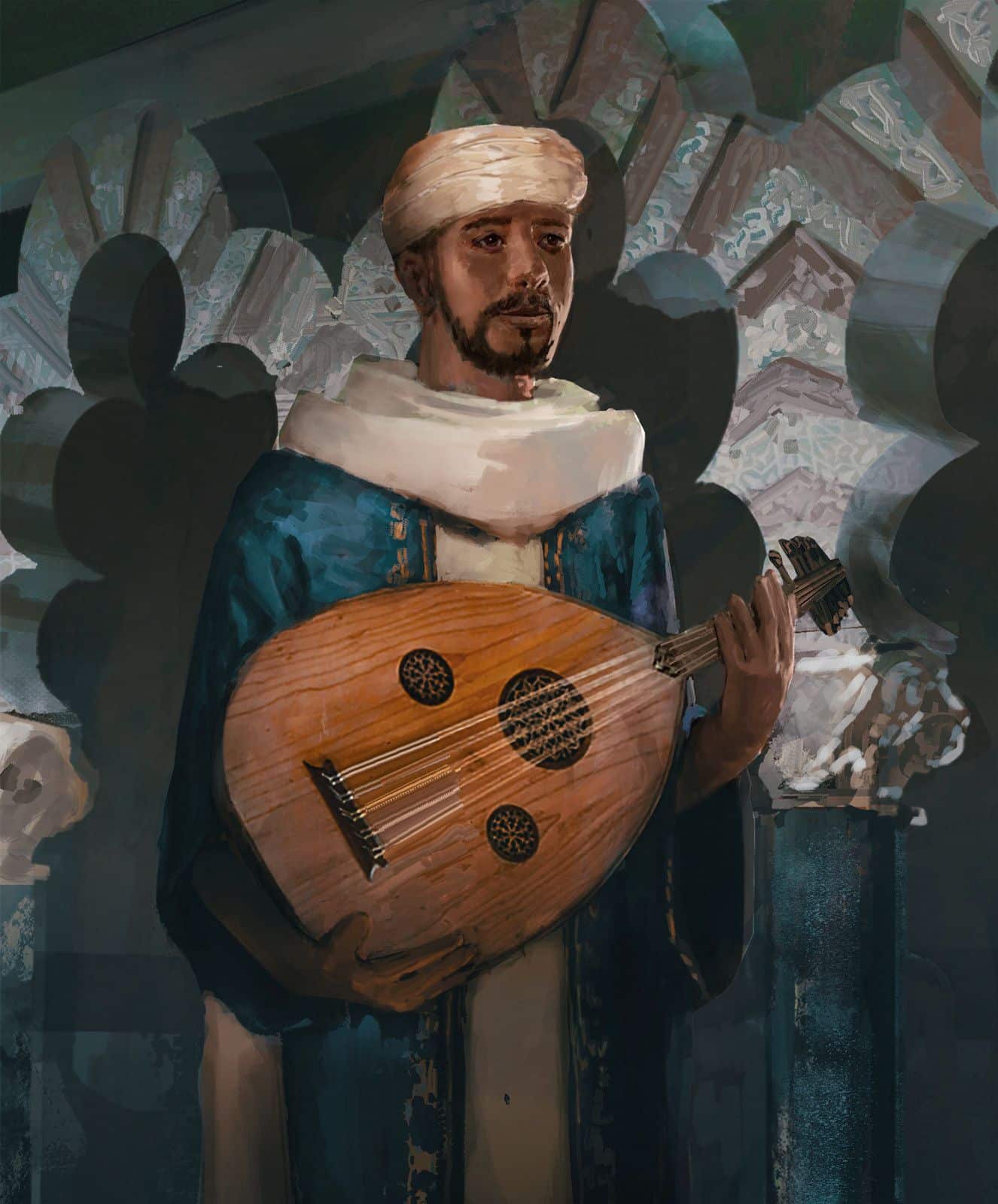
Final Thoughts
Whether you are aware of it or not, many inventions that we use in everyday life come from famous Muslims. These have greatly improved our standard of living and had a tremendous impact on the world.
As a result of space limitations, I could not include many more inventions besides those mentioned above. Thank you for reading about these famous Muslim scientists and saving their names for your progeny.
Frequently Asked Questions
Q. Who was the first scientist in Islam?
Ibn Alhazen (al-Haytham) was a polymath whose focus on experimental evidence and the repeatability of its findings led to his being hailed as the father of contemporary scientific technique.
Q. Did Muslims create the guitar?
The Arabic oud, a lute with a bowed neck, is the ancestor of the guitar as we today recognize it. It arrived in Muslim Spain during the Middle Ages and was known there as “qitara” in Andalusia’s native Arabic.
Q. Who is the Islamic father of biology?
One of the most significant figures in the history of biology, particularly in agriculture, was Abu Zakariya Yahya Ibn Muhammad Ibn Al-Awwan, an Islamic scientist from Seville, Spain, who lived in the 12th century.






